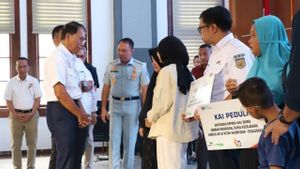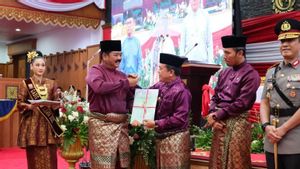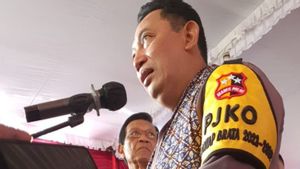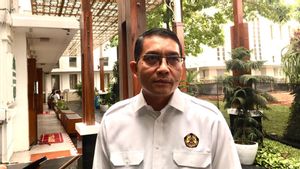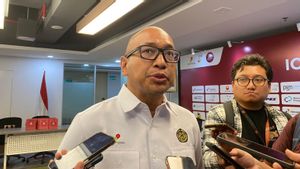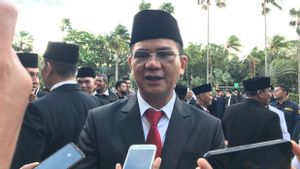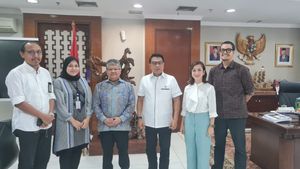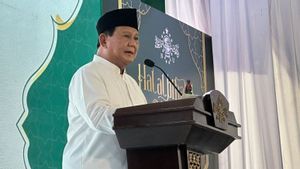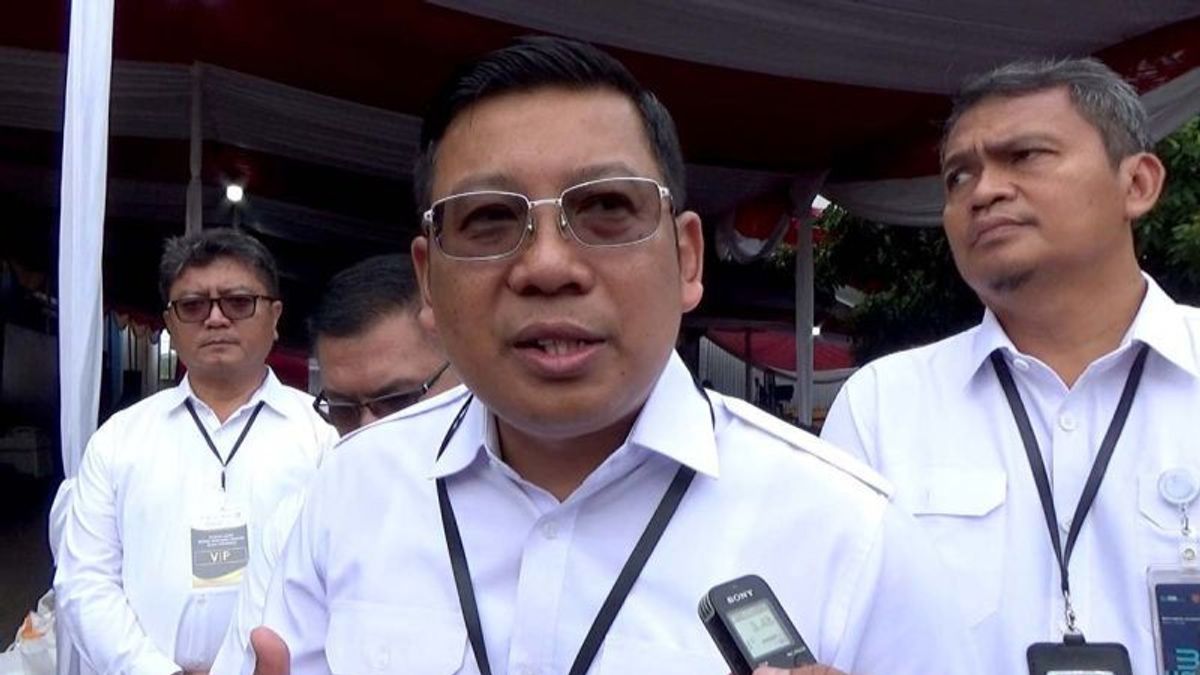
JAKARTA - The government through the Minister of Finance (Menkeu) has set a loan fund of IDR 28.7 trillion for the strengthening of Government Food Reserves (CPP) in 2024. Head of the National Food Agency (NFA) Arief Prasetyo Adi conveyed that the government (CPP) strengthening of Government Food Reserves (CPP) in 2024 will soon be implemented with SOEs in the food sector. With the strong and guaranteed stock of CPP, the food challenges this year are optimistic that it can be resolved.
"The year 2024 is an optimistic year. We welcome it optimistically. For this year's food availability, we are optimistic that it can get better. The Ministry of Finance (Kemenkeu) has set a loan ceiling that can be given interest subsidies, in the form of loans reaching IDR 28.7 trillion in the context of CPP and from that it is given interest subsidies," he explained in his statement quoted on Saturday, January 6.
To note, the Ministry of Finance through its rank has regulated the amount of interest subsidies in the context of holding CPP. This interest subsidy is given to Perum Bulog and ID FOOD as food SOEs assigned by NFA in strengthening CPP stocks.
"According to the direction of President Joko Widodo, so that food SOEs can act as buyers of standby and offtaker for national production. So Perum Bulog and ID FOOD are given interest subsidies and loan guarantees in strengthening CPP this year," he said.
The distribution of loan interest subsidies is set at between 3 to 4.5 percent. This is intended for Perum Bulog and ID FOOD through 2 schemes, namely schemes with guarantees from the government and schemes without guarantees.
Food SOEs can collaborate with HIMBARA (State-Owned Bank Association), ASBANDA (Regional Development Bank Association), as well as private banks. Later, the loan interest subsidy will be implemented either through a guarantee scheme from the government or without guarantees," said Arief.
Arief conveyed that with this kind of financing policy to food SOEs, the government wants all farmers to be calm and focused on increasing domestic production, because later we will absorb the results at a good price. We certainly need a strong CPP in various government programs.
There are 13 types of food commodities managed as CPP in accordance with the mandate of Presidential Regulation (Perpres) 125 of 2022 concerning the Implementation of CPP.
In addition, there are 13 types of commodities traded, including rice, corn, soybeans, beef, buffalo meat, chicken meat, chicken eggs, consumption sugar, cooking oil, shallots, garlic, chilies, and kambung fish.
"In the procurement of CPP in 2024, we emphasize that number one must prioritize domestic production, so that the harvest of all farmers can be absorbed properly. We fully support the technical ministry to increase food production so that we can fulfill the CPP procurement target this year," said Arief.
Arief said that the determination of the number of CPP for 2024 had gone through various comprehensive discussions and discussions with relevant ministry institutions and considered various aspects according to government needs.
The amount of CPP in 2024 has also been determined through the Decree of the Head of the National Food Agency (Kepbadan) Number 379.1/TS.03.03/K/11/2023 dated November 20, 2023 concerning Number, Quality Standards, and Government Purchase Prices in the context of holding CPP in 2024.
The agency's Decree is also regulated regarding the quality standards of CPP which must meet quality standards in accordance with the provisions of the regulations. Likewise with the purchase price of CPP, referring to the purchase reference price or the purchase price of the government that has been set.
Arief said that NFA further assigned Perum Bulog with pressure to continue prioritizing domestic procurement for CPP.
SEE ALSO:
"If domestic procurement is not sufficient, the procurement of CPP from abroad can be carried out but must still maintain the interests of domestic producers and consumers. The assignment of CPP to ID FOOD is carried out by the Head of NFA through the Minister of SOEs," he explained.
Arief conveyed that the distribution of CPP stocks could be carried out by food SOEs through public market operations, special market operations, and food assistance on certain targets using the APBN.
In addition, sales can also be made through a general commercial mechanism in the market by referring to the reference price, the highest retail price, or below the average price in the market.
The English, Chinese, Japanese, Arabic, and French versions are automatically generated by the AI. So there may still be inaccuracies in translating, please always see Indonesian as our main language. (system supported by DigitalSiber.id)



